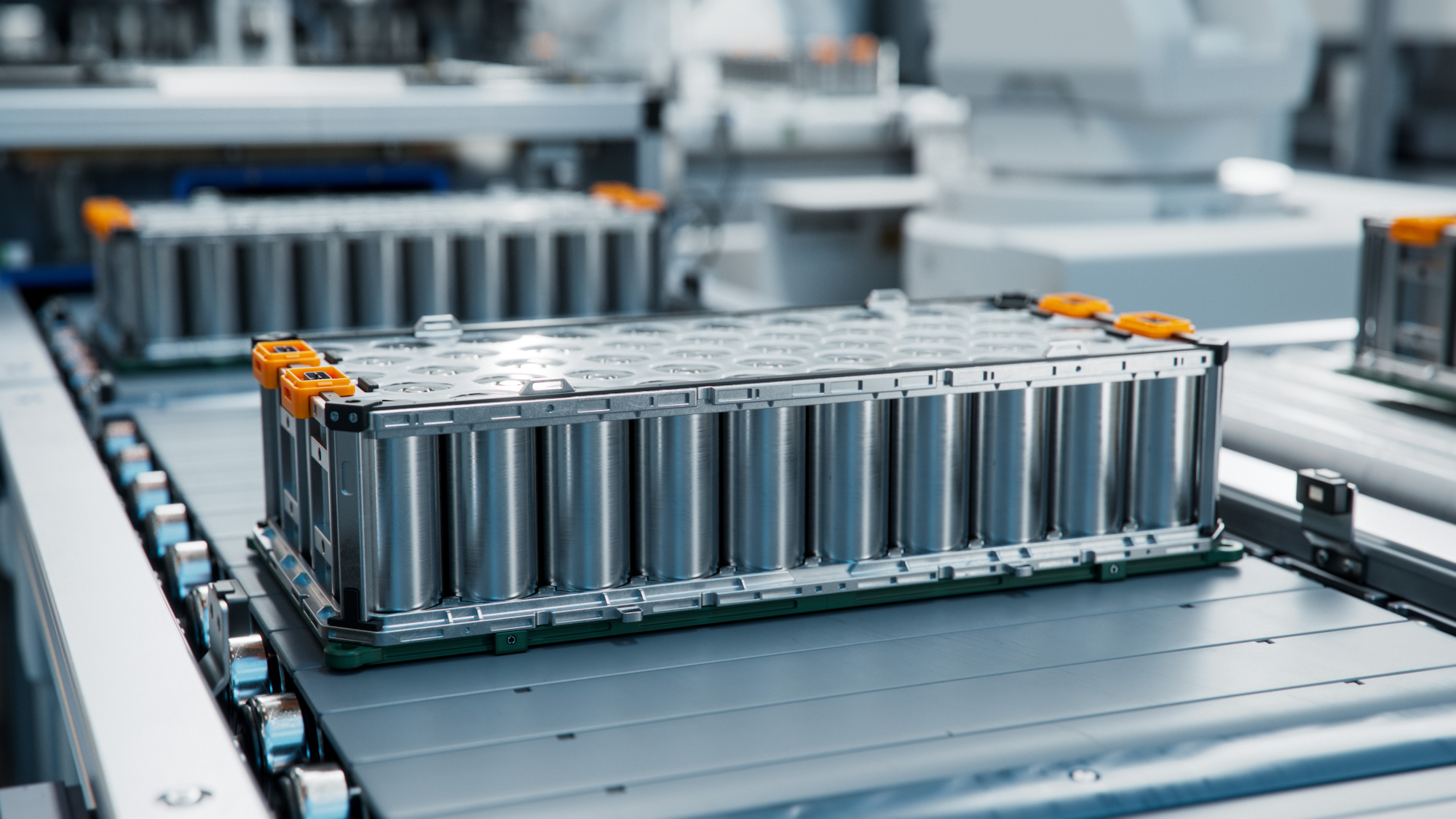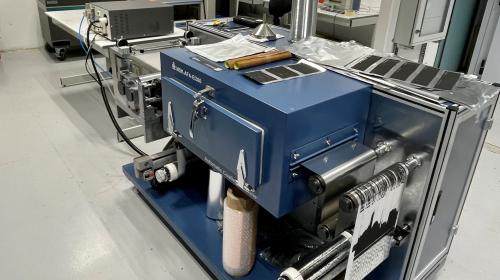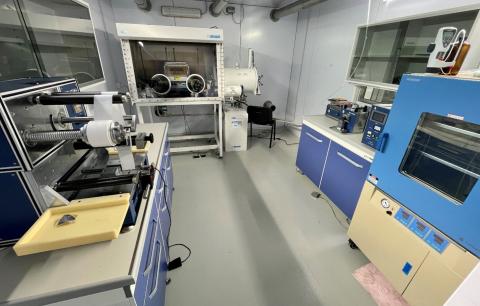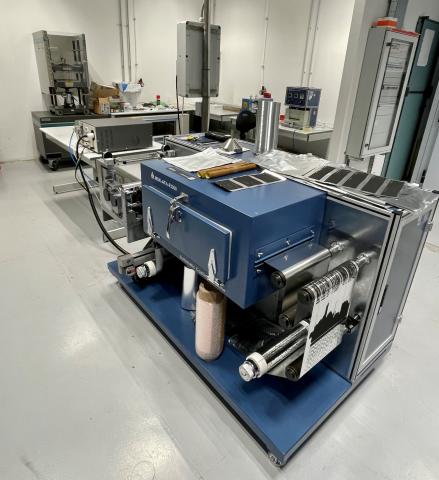
Applied research on new, sustainably produced potassium batteries starts at Politecnico
The first project funded by the Italian Fund for Applied Sciences-FISA, a fund set up – with the 2022 budget law – to promote the competitiveness of the national production system by bringing fundamental research closer to industrial research and experimental development, is from Politecnico. GREEN2MOVE - Green potassium batteries manufacturing processes: towards sustainable gigafactories – this is the name of the project proposed by Politecnico di Torino – will start tomorrow, 1 November 2024, and will be led by Federico Bella, professor at the Department of Applied Science and Technology-DISAT.
The project is focused on experimenting with and bringing closer to industrial use a new technology that will make it possible to produce potassium batteries with similar performance to lithium batteries, the latter being among the most powerful tools currently on the market for storing energy. The technology will have as its main application the world of stationary energy storage, i.e. the set of batteries integrated into residential and industrial buildings for the purpose of storing electricity produced from renewable sources.
In addition to using potassium, an element that is readily available in Italy and Europe, production will be sustainable on several fronts: about half of the materials will come from biomass recovery – paper industry waste and biodiesel will be reconverted into battery components – production will take place in an aqueous environment – while the lithium battery industry works with liquid solvents with a high environmental impact – and the components will be designed and assembled to facilitate disassembly and reuse at the end of their life.
The funding, which will last four years, will serve to upgrade Politecnico's laboratories where the experiments will be carried out, made possible by the acquisition of new machinery for the production of components and the study of battery performance, such as the cyclers that simulate the life cycle of the devices we use in our daily lives. Infrastructures dedicated to research will be implemented not only at Politecnico’s headquarters, but also at the Environment Park. Part of the funds will then be spent on setting up a dedicated team: positions will be created for PhD students from different disciplinary areas – engineering, chemistry, materials science and design – who will thus be able to acquire skills crucial to Europe's industrial future.
At the heart of the project, solid skills and significant experience developed by Politecnico's Electrochemistry Group thanks to international collaborations such as the largest European flagship project on batteries, Battery2030+, which has enabled the sector's research conducted at Politecnico to make significant progress and position itself as a privileged interlocutor in the reference scenario. The Electrochemistry Group is a pioneer in Italy of potassium technology, starting in 2020 when researcher Daniele Versaci assembled the first working cell.
The development of the project, which sets 2028 as the completion date, coincides with Europe's intention to complete the construction of gigafactories for battery production by 2030: Italy too is moving in this direction by building new and advanced industrial plants. Politecnico will therefore be at the forefront in promoting the evolution of the sector, putting innovative technology at the service of the future factories.
“For the first time, we are tackling a project that will combine our consolidated research and development capabilities with the challenge of the industrial world – comments Federico Bella – Process sustainability, scale-up, and interaction with Italian companies will be the key ingredients from which we will start”.



